The intersection of therapy and religious life can sometimes feel confusing. In some ways, it seems if we truly gave all our problems over to Hashem, we would be healed. Yet that’s often easier said than done. We’re beings with individual pasts and traumas that often need something in addition to prayer — along with another human being who can walk you through it to the other side.
As Jews, we’re constantly growing and striving for more. Sometimes though, that can turn into an unhealthy relationship with Hashem — one where we view Him as a scary parent that will smite us if we make one mistake, instead of a caring Father. If you’re struggling with anxiety, depression, OCD or another mental disorder, it can be even harder to cope. In reality, Hashem is a loving G-d and while he tests us and wants us to become our best selves, He is there for us unconditionally. Often, healing our relationship with ourselves and others around us will help improve our relationship with Him too.
Aliza Shapiro is no stranger to the conversation. She’s a social worker and therapist at the Center for Anxiety in New York City. She runs her own private practice on the side while healing the masses in bite-size bits on her Instagram, @therapist_in_nyc. Her musings there have hit home for so many, garnering a following of more than 11,000 people. Her posts are short, sweet and super impactful. It’s like she takes the thoughts swirling around your brain and simplifies them into a one-sentence piece of wisdom that makes you feel seen.
She’s also an observant woman living in NYC. With that, she’s the perfect person to speak with about how one can blend the worlds of Torah and therapy — how they’re not in competition but two parts of a whole that can contribute to a greater you.
We sat down with Aliza to learn more about how to use therapy to foster a connection with Hashem and how you can create a more loving relationship with G-d right now.
Thanks so much for taking the time to speak, Aliza. First, how did you know you wanted to be a therapist and what was your path to get there?
When I was younger, I honestly had no idea what I wanted to be. After high school, I went to seminary in Israel for two years and started getting my undergrad degree at the same time. In seminary, I remember learning so much about the psychology of Torah and I really loved it. At the same time, I was volunteering a lot in seminary so I saw a lot of different ways people live their lives. Becoming exposed to these different environments and families while learning about psychology made me realize how it’s a field that just made sense for me to keep pursuing. So when I got back, I finished my undergrad at Touro with a degree in psychology, graduating in 2014.
After that, I thought about what advanced track to pursue and decided to get a Master’s in social work with an emphasis on clinical social work and mental health at Hunter College. I graduated in 2016 and then got a job at the Center for Anxiety, where I still work now. I was trained under the founder of the center, David Rosmarin. He’s also an incredible Harvard professor who teaches about spirituality and psychology. He’s written a lot of books about the intersection of the two. He really brought people’s inner worlds back into the therapy office which is amazing because spirituality in therapy was forbidden fruit for a while. The center isn’t a religious place but he happens to be a frum guy which is really nice.
So how do spirituality and religion play a part in the therapy work you do? How do you integrate them?
It’s interesting because I think many people in our generation and younger have lost touch with practicing spirituality and religion even though the connection to a Higher Power is something that’s really embedded in a lot of people’s lives. People want that connection. We do a screening before people come to a session and the number of people who say they want to integrate some sort of spiritual work into it is much higher than anybody would have expected.
The first thing I help people recognize who do want a spiritual connection is that it does not have to be invisible. Sometimes people feel like it’s taboo to talk about it, either at work or in their friend group, but if it’s a part of your value system, you need to nurture it. If you don’t, it’s going to fizzle and you might feel like you’re running on empty. In terms of how to nurture it, it really depends on the situation a person is in. If they’re struggling with anxiety, it’s going to be different than someone who is struggling with depression. It’s a very personal thing based on an individual’s life, what they’re going through, their history and want they want out of it.
Do you ever get more granular and discuss G-d in a session?
For sure. Not from a theological standpoint because I’m not a rabbi, but I talk about it from an emotional standpoint. I’ll ask, “What is your relationship with spirituality or with G-d? Is it something that causes you more stress and guilt than it does comfort?” If so, let’s unpack that. It’s more about the relationship to G-d and how I can help someone through that.
When someone is going through a challenge either with G-d or something else, how can they combine both spiritual and emotional healing in the best way?
Your spirituality and emotionality work in tandem. I believe that if your basic emotional needs aren’t really being met, nurtured or managed, it’s going to be very hard to grow spiritually in the right ways. This means that if there are big gaps in your emotional functioning, trying to grow spiritually might feel like filling a cup that has holes in the bottom. You could put in the work and learn, but you just end up at square one again with the same emotional challenges coming up. If that is happening to you, it’s usually indicative that maybe there’s some emotional work to do that could put stoppers at the bottom of that cup and help you really get it together.
The first question for a lot of people should be, how is my emotional processing and emotional functioning? Are there big gaps in my emotional or mental health that need to be addressed before or at the same time as my spiritual growth? It doesn’t necessarily have to go in a certain order. Ideally, you would find a therapist who is spiritually sensitive and can incorporate that into your therapy work, but sometimes, you really need to heal emotionally first before being able to interpret the spiritual stuff appropriately.
That all being said, there is so much overlap between the emotional and spiritual work. Working on your emotions is definitely metaphysical — it’s beneath the surface. If you’re not sure what the right step for you is, speak to a trusted person in your life who can guide you on whether therapy might be a good idea. Honestly, I think a lot more people need therapy than give it to themselves as there’s still a lot of stigma, it’s an expense and it’s easy to overlook the importance of mental health especially if you’re “coasting.”
How can therapy foster someone’s spiritual journey?
Whenever you have a major life transition, you’re going to be more susceptible to the vicissitudes of your emotions. Major life changes are one of the vulnerability factors that lead to strong emotional reactions. So anyone who is becoming more religious or even thinking about it, and it’s a massive shift from the way that they grew up, has grounds for going to therapy. If you’re making a huge change like that, you’re going to want to do it in a balanced way. It’s like any huge change in life. You want to make sure you’re doing it in a way that’s healthy, right for you and doesn’t burn you out.
As issues come up in daily life, how can one know the best place to address them? For example, if I’m stressed or worried about something, how do I know if I should meditate or pray more or have a therapy session about it? They’re different remedies.
I think the more you know yourself, the more you’ll know what you need. What’s important to remember is that having challenges and going through hard things with your family and friends is inevitable. It doesn’t mean you’re not doing enough spiritually; it means that you’re going through a hard time. In terms of determining the best thing to do, the question is really, “What’s going to be right for me in this moment?” Will you feel more grounded if you meditate right now or if you pray? If you answer that question honestly by really knowing yourself, you’re going to get to the right spot.
It’s important not to come to the answer through guilt, shame or fear. You shouldn’t be shamed into praying for example or worrying that your issues are a result of your skirts not being long enough. There is halacha in place, but what you do should come from a healthy place within you. If you do that, you’ll find the right answer.
It’s interesting because I feel like guilt plays a big role in the relationship we sometimes have with Hashem. Like I’ll feel guilty if I didn’t daven fully in the morning or messed up with another mitzvah. Is there a place for guilt? How can one process that and not get so affected by it?
This is such a huge question. I think it really plays into the conversations about perfectionism that can come up with spirituality. We’re constantly taught to grow, change and evolve. It’s beautiful — not everybody has that kind of fire inside of them to strive toward something bigger and greater. But guilt comes in when you act in a way that’s not in accordance with your value system. So if I steal something and I don’t believe in stealing, that’s actually a very appropriate use of the emotion of guilt. If something like that does happen, we have the concept of teshuva in place. So instead of dwelling on the guilt, you move through it, feel remorse and use it to grow.
However, growth looks different for everyone. As human beings and as Jews, we believe in the concept that your only point of choice is really the next step. For some people, it could even be just standing still because for some of us, when we go through hardships, standing still is actually the next step.
If we believe in that, then the idea of perfectionism or always needing to do more is null and void. It’s a total fallacy and not emet (truth) at all. Yes, we as Jews are striving to grow but there’s nothing to feel guilty about when I don’t do everything “perfectly” because perfection doesn’t exist.
I don’t have to worry about not davening every single word with kavannah (intention) if I’ve only decided to say the first word of “shehakol” with kavannah. Each step is something. Guilt for not being perfect becomes null and void when we zoom out and release the expectation to do everything right. It’s not a Jewish concept.
“The idea of perfectionism is not emet (truth) at all…it’s not a Jewish concept.”
That’s helpful and makes a lot of sense. I do think it can be harder sometimes in practice. I know you post a lot about us being complex people and therefore being able to hold multiple emotions simultaneously. How can one do that in this way where we truly feel okay and whole as we are, yet also constantly strive to be better — all the while knowing we’ll never reach perfection?
It’s such a hard balance to strike. I do think though for perfectionists, a lot of the avodah (work) that they’re meant to do is becoming okay with imperfection. It sounds counterintuitive, but the very thing that they’re struggling with is the thing they need to grow in. So if you’re somebody who struggles with perfectionism, loving yourself even when you’re not doing things perfectly becomes the work. Your new mission is to learn how to love yourself and believe that G-d loves you.
Beyond that, I think you can just keep learning that holding both of those sides in your mind at once is possible. I can work hard and accept myself for where I am. If you struggle with one over the other, then that should probably be where you focus more of your energy. You’ll actually experience more growth in Judaism, for example, once you do work on accepting and loving yourself. It will prove to be more fruitful.
Rapid-Fire Therapist Qs What’s the best way to find a therapist? Asking friends is honestly probably the best way. Referrals from friends or people you trust and look up to are great. What if you can’t afford therapy? You can always ask your insurance if they have people in-network, which is another way you can find someone. What if I’m not connecting with my therapist? You don’t have to commit. You’re not married to them. You can find a different one. Just be open and say something like, “This is coming up for me and I’m not sure if this is the greatest fit.” They might agree and send you to someone who is better for you. If you’re religious, should you find a therapist who is too? For some people, the topics addressed in therapy are unrelated to religious observance, but for many people there is a huge amount of overlap so it's important as a client to feel comfortable bringing up this topic, and feeling that your therapy can adequately guide you through related challenges that arise. There are many therapists that incorporate the spiritual lens in the therapy process, and I do not think your therapist must be observant if you are as long as they are respecting, understanding, and are familiar with where you are coming from. Like any other important topic, it is helpful to ask your (prospective or current) therapist if they have experience incorporating religion or spirituality into the therapy process if you know that that's important to you.
Right, it’s so interesting to think about it in that way — that it’s not always about just adding mitzvot, but working on loving yourself is a part of spiritual work.
One hundred percent. If you think about the biggest rabbis or spiritual mentors, they exude love. When you’re in their presence, you hopefully don’t feel like they’re judging you. They know so much Torah but they really just care. How did they get there? They probably had to do a lot of work in that realm. It’s an avodah. Self-love is a huge part of the spiritual work.
How did you work to see Hashem from a place of love?
Everyone is unique but for me, I grew up observant, and while I struggled with concepts in Torah like specific halachot or lifestyle things, I always felt Hashem was there. I struggled a lot with things I didn’t understand and certain aspects of Torah didn’t resonate with me, but there was always this very obvious presence I did feel from Hashem even when I was struggling to find my spiritual place. Hashem has been this Rock throughout my life.
“Self-love is a huge part of the spiritual work.”
That’s so beautiful. If that’s not coming naturally to someone, how can they try and achieve that or work to see Hashem in that comforting, loving way?
We’re a combination of our nature and our nurture — the way we grew up, our environment, our genes — but also the choices that we make in our lives right now. So for sure, the fact that I grew up in a loving home with great parents who instilled a love of G-d in our home played a part, and then also the fact that I have a more spiritual nature.
That being said, there are choices and decisions we can make now that will change the trajectory of our entire lives. That goes for your spirituality, emotionality, physicality, anything. So if you didn’t grow up with a close relationship to G-d, you didn’t miss the boat. If it’s something you value, you can make it a part of your life and create a spiritual home for yourself.
The best way to move forward with this is to find a spiritual mentor or do your own learning [more on that below]. You can do it in combination with therapy. Having a spiritual mentor will help you choose things you can bring into your life that will invigorate you and help you feel closer. Maybe it’s taking on an aspect of tzniut (modesty) or meditating with a Hebrew word as your mantra. Whatever it is, pick something that excites you; don’t start with the hardest thing. If you pick something that’s really hard for you, it might bring up more challenge than good and you want to keep the positive feelings flowing.
The therapy part of this comes in by helping to guide you in the process — to make sure you’re holding yourself accountable, choosing the right things with small enough goals and being able to really commit to them.
What are some other practical ways someone can connect to Hashem?
The way I connect most to anything is by learning about it. Maybe it’s reading a book that’s about something you want to learn more about or going to a class that speaks to you. The more you learn, the more opportunity you may find for closeness.
Meditation is also a big part of my life. That and mindfulness. Mindfulness is defined as really being able to be present in the moment you’re in, in all of its reality. For me, part of that is recognizing the presence of G-d. I made it a daily practice where I stop a couple of times a day and think about the fact that Hashem is present, right here and with me right now — outside, in my apartment. The fact that He is present really helps me stay grounded and connected.
That’s such a beautiful way to integrate mindfulness in a spiritual way and it’s a wonderful way to think of Hashem. Why do you think it’s so hard for so many of us to view Hashem in a positive, loving way versus that scary or fear-driven way?
It’s so interesting because so many people think that yirat Hashem means they have to be afraid. But yirat Hashem actually means awe. It’s, “Wow, there is this huge power and He cares about me and is present in my life.” It doesn’t have to be this scary, guilt-driven burden. Instead, you can look at Hashem in everything in this world. That’s helped me a lot. The G-d of the Universe is paying attention to me. He really wants me to feel happy and whole. Maybe it’s our own emotional stuff that gets in the way.
“The G-d of the Universe is paying attention to me. He really wants me to feel happy and whole.”
How can someone continue to work on changing that perception?
Well, first of all, you learn. Everything in spirituality should be based in the information we’ve been given. Beyond that, it’s so nuanced. There’s structure but also openness. It’s said that we all experienced the giving of the Torah at Har Sinai a little bit differently. We all got the Torah in a little bit of a different way because we’re all unique and have our own unique mission.
Also, if you work through the emotion of it, the Torah is a lot more loving than people give it credit for. Look at “Modeh Ani,” for example. It’s saying Hashem has a lot of faith in you every single day. That’s how we can wake up — not with a daunting cloud over your head. You just have to choose to believe it. It’s your responsibility to make that choice.





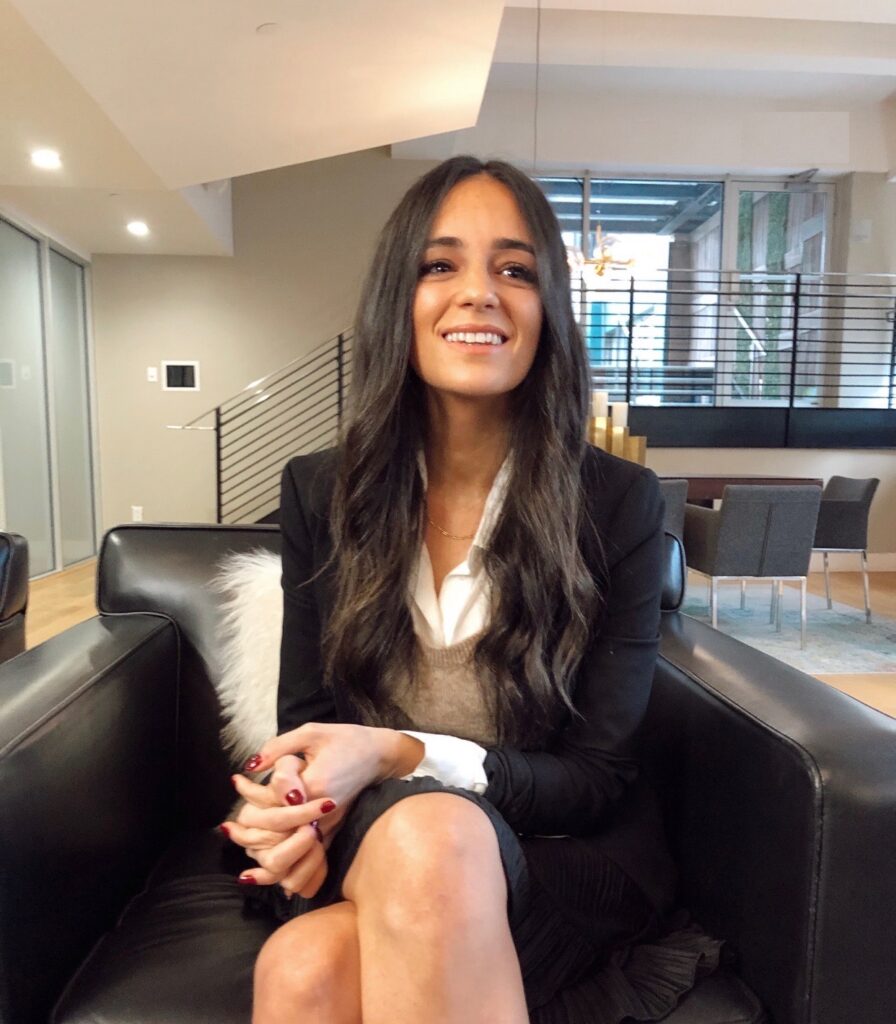
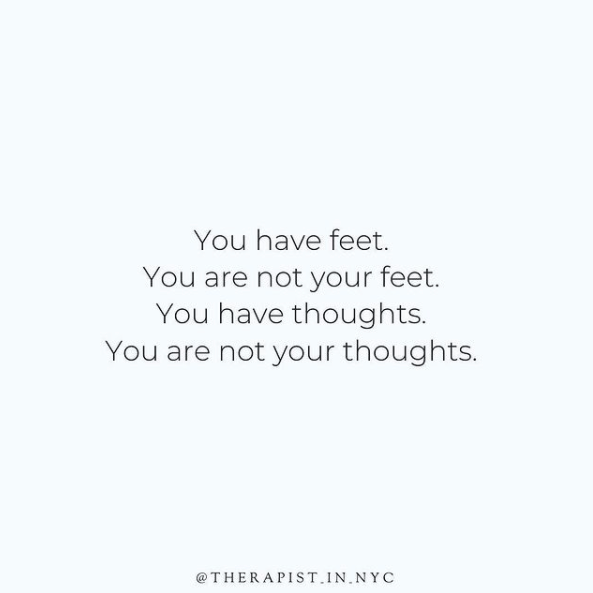
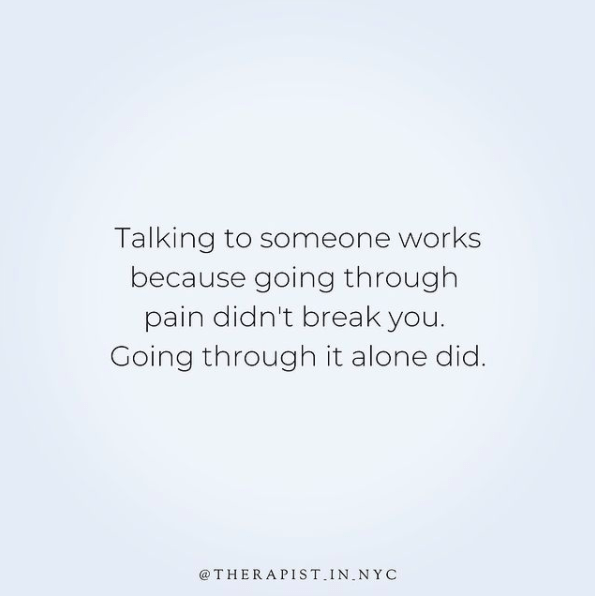
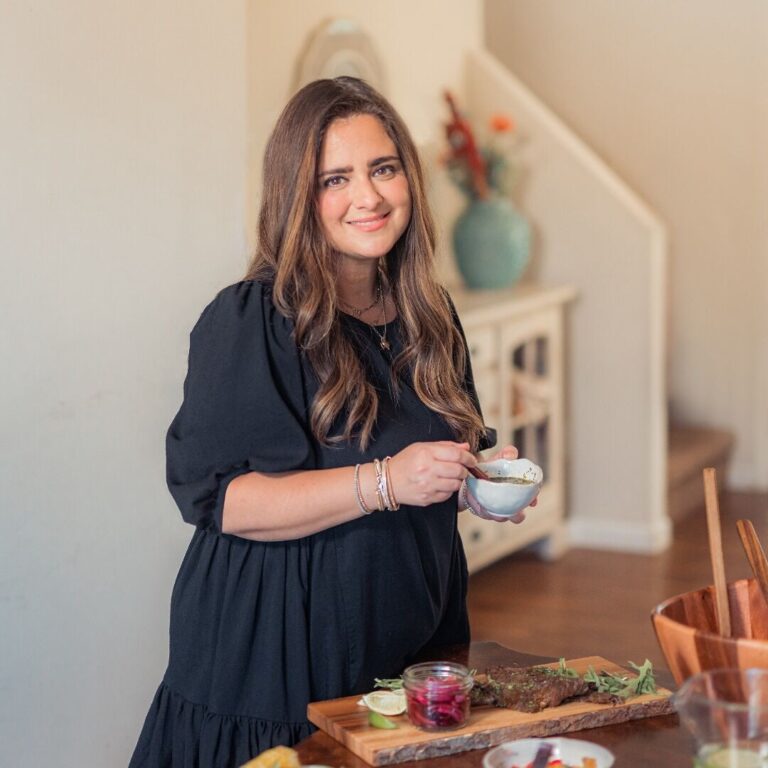




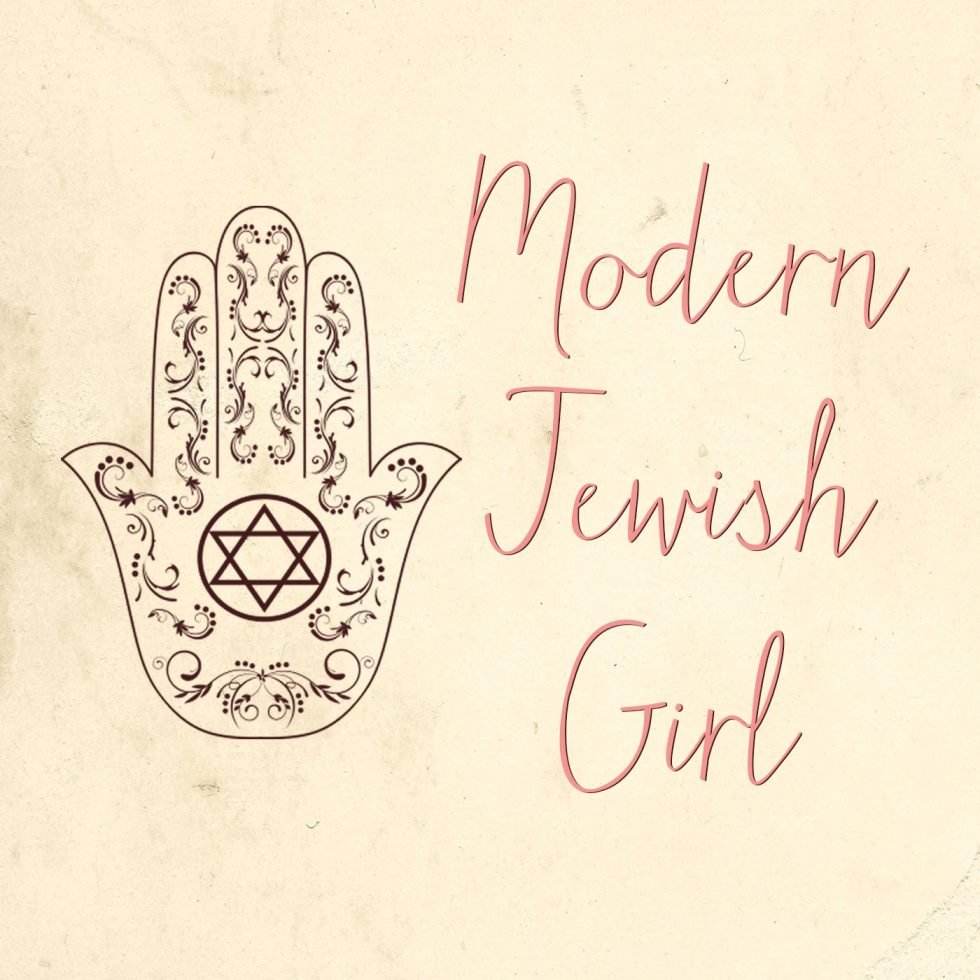
Excellent post. I used to be checking constantly this blog and I am impressed!
Very helpful info specially the closing section :
) I care for such information a lot. I used to be seeking this particular info for a long time.
Thank you and best of luck.
[…] Emotions often get a bad rap. Society teaches us to “stay strong,” “think positive,” or “shake it off.” While there’s value in resilience, ignoring emotions or dismissing them as “irrational” robs us of an opportunity to learn. […]